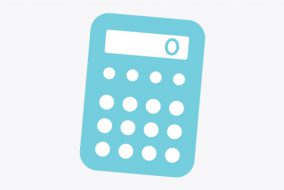Your retirement years should be an opportunity to pursue new goals, refocus on life-long interests and spend time with loved ones. Here are some tips to help you manage your finances effectively in this stage of life:
- Review and revise your budget regularly to take into consideration any changes:
- As in all stages of life, separate “needs” from “wants”. Once you have budgeted for your needs, find a good balance between spending on items that are not necessary and saving your money for the future.
- When you retire, work-related expenses such as clothing, meals and transportation may decrease. Conversely, your budget for travel and recreational activities may increase.
- Keep in mind that as you age, medical and housing costs may increase so it is important to make sure you plan accordingly.
- Stick to your plan. Be careful about spending money on items that are not in your budget.
- Have a plan for replacing your employment income. Talk to your investment advisor about when to apply for Canada Pension Plan (CPP), Old Age Security (OAS) and your options for drawing on any company pension plans you’re eligible for. If you have money saved in more than one place (for example, an RRSP, TFSA or bank account), determine when you will need to withdraw from those savings plans.
Learn more about withdrawing from your retirement savings and relevant tips to keep in mind.
If someone approaches you about an investment, be sure to check with a trusted investment advisor first. Do not sign anything before you read it. If it sounds too good to be true, it probably is. Learn more about investment fraud and how to avoid it.
Being aware of potential pitfalls will help you to plan accordingly so that you can make the most out of your retirement.






















